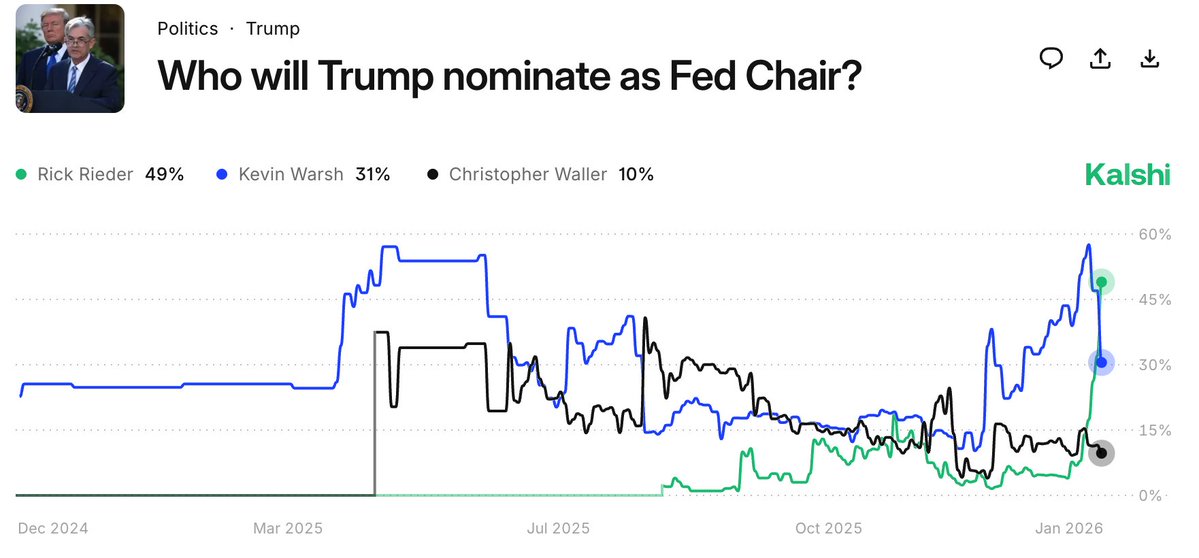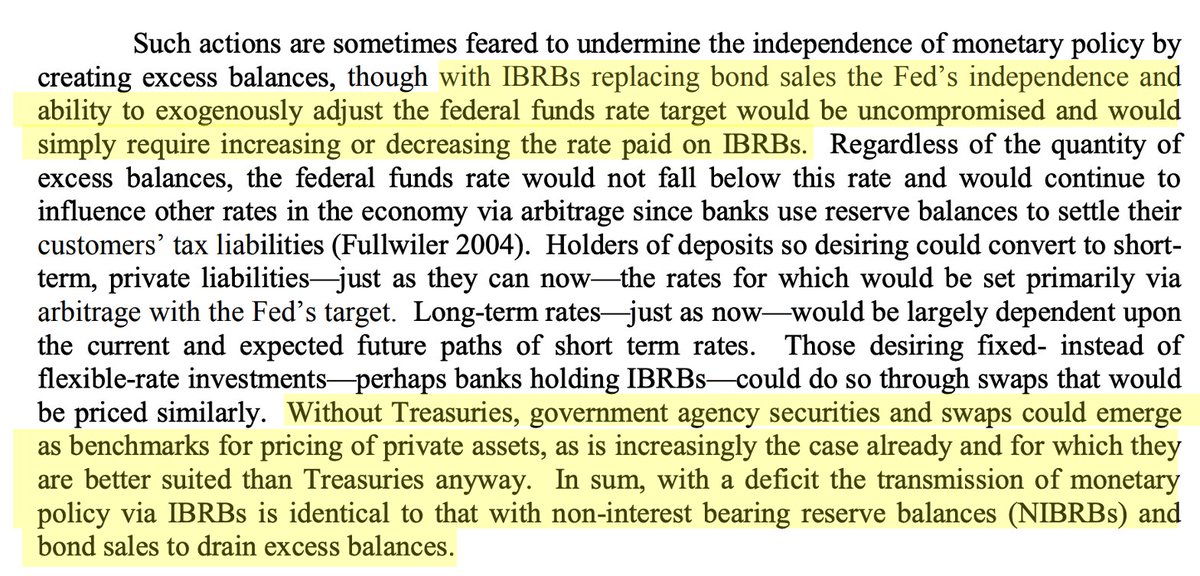Running out of things to do with the kiddos, so I’m teaching the youngest. This was my opening hand. #ToughLove 

• • •
Missing some Tweet in this thread? You can try to
force a refresh










